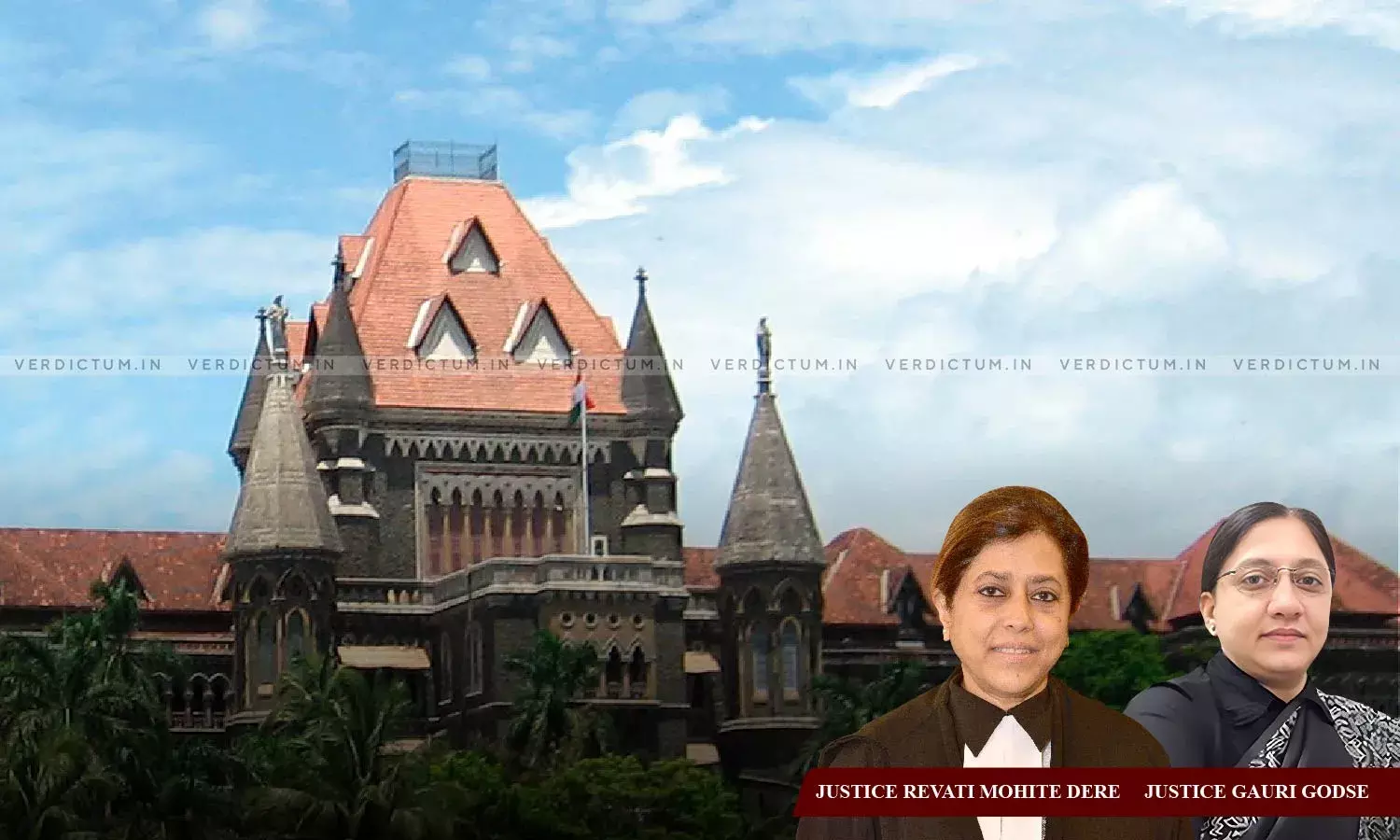“Best Interest Of The Child” Cannot Remain Only Love & Care Of Primary Caregiver: Bombay HC Allows US-Based Man’s Plea Seeking Son’s Custody
The Bombay High Court while allowing a plea filed by a man residing in USA seeking custody of his son has said that the expression “best interest of the child” cannot remain only love and care of primary caregiver.
A petition was filed by the aforesaid father who sought direction against the respondent i.e., the mother to produce the minor child before the court. He sought a direction against the respondent to handover the physical custody of the child to him for taking the child along with him to USA.
A Division Bench comprising Justice Revati Mohite Dere and Justice Gauri Godse held, “The expression “best interest of the child”, which is always kept to be of paramount consideration, is indeed wide in its connotation, and it cannot remain only the love and care of the primary caregiver i.e. the mother in the case of the child who is only a few years old and the basis for any decision taken regarding the child, is to ensure fulfilment of his basic rights and needs, identity, social well-being and physical, emotional and intellectual development. However, while deciding the welfare of the child, it is not the view of one spouse alone which has to be taken into consideration. The Courts should decide the issue of custody only on the basis of what is in the best interest of the child.”
The Bench observed that the summary jurisdiction be exercised if the Court to which the child has been removed is moved promptly and quickly and that the overriding consideration must be the interest and welfare of the child.
Advocate Prabhjit Jauhar represented the petitioner/father while Senior Advocate Lata Desai and APP P.P. Shinde represented the respondent/mother and State, respectively.
Factual Background -
The petitioner and respondent were citizens of India; however, they were permanent residents of USA. Their child was a citizen of US by birth and the petitioner filed a petition because the respondent had refused to allow him to meet the child, and also refused to return to US along with the said child. After the petition was filed, by way of an interim relief, the petitioner was permitted to access his child through WhatsApp Video Calls.
In view of the said interim arrangement, the petitioner continued to get access to his child through video calls every day for a minimum of 20 minutes. Thereafter, he was also given physical access to meet his child when he travelled to India. Via an order, the petition was disposed of feeling aggrieved by which the petitioner approached the Supreme Court which allowed his appeal and directed that the petition be restored to file a fresh decision. Hence, the said petition was to be heard by the High Court for final disposal.
The High Court in the above regard said, “… the doctrines of comity of courts, intimate connect, orders passed by foreign courts having jurisdiction in the matter regarding custody of the minor child, citizenship of the parents and the child, etc., cannot override the consideration of the best interest and the welfare of the child and that the direction to return the child to the foreign jurisdiction must not result in any physical, mental, psychological, or other harm to the child.”
The following questions arose before the court for consideration:
(i) Whether the refusal on the part of the respondent-mother to return to the US with the child is justified and whether such refusal will amount to illegally detaining the child in India?
(ii) Whether, in the facts of the case, the petition seeking a writ of habeas corpus is maintainable?
(iii) Whether the petitioner-father is justified in seeking repatriation of the child to the US?
The Court while dealing with the above questions noted, “Except for the tender age of Aaryan, where he needs the care and protection of a mother, we do not see any factor in favour of the respondent. At the same time, we believe that at this tender age, Aaryan is entitled to have the company of both his parents. Rather, it is his basic human right to have the care and protection of both parents. Thus, the respondent is not justified in unreasonably depriving Aaryan of the company of his father.”
The Court said that the respondent cannot deprive the child of his basic human rights only because she has suddenly decided that she does not want to go back to the US, where the parties were permanently settled.
“In the event the respondent no.1 fails to intimate her willingness as directed in clause (a) above, the petitioner shall be entitled to take physical custody of Aaryan on expiry of fifteen days from date of this order and the respondent no. 1 shall hand over physical custody of Aaryan and his original passport to the petitioner if he visits India for the same or to the mother of the petitioner if so authorized by him in writing”, further directed the Court.
Accordingly, the High Court allowed the writ petition and passed orders in favour of the petitioner.
Cause Title- Abhay v. Neha Joshi & Anr. (Neutral Citation: 2023:BHC-AS:27116-DB)




